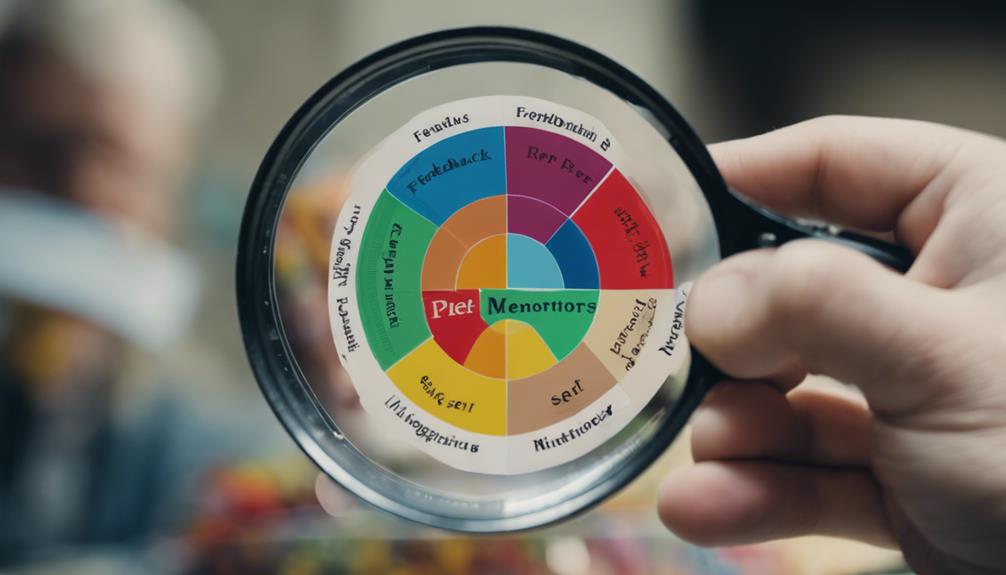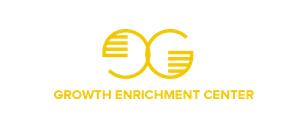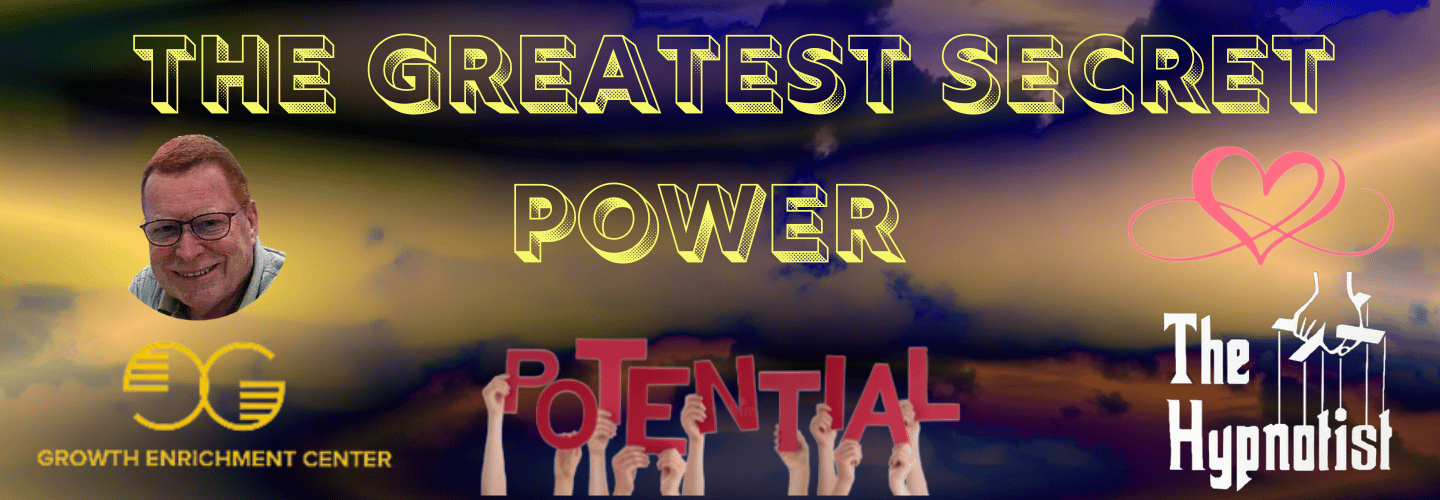
You may be surprised to learn that studies show only 13% of people worldwide like going to work. However, uncovering your unique skills can lead to a more fulfilling career. By following a step-by-step guide, you can discover your hidden talents and leverage them for success. Understanding what sets you apart is the first step, but there's much more to explore on this journey to self-discovery and professional growth.
Understanding Hard and Soft Skills
To excel in your professional endeavors, it's essential to comprehend the distinction between hard and soft skills. Hard skills are tangible, measurable abilities that are often acquired through education and experience. These skills are specific to a particular job or industry, such as coding, accounting, or operating machinery.
On the other hand, soft skills are personal attributes and interpersonal abilities that contribute to effective communication, teamwork, and leadership.
While hard skills demonstrate your technical proficiency, soft skills showcase your strengths in areas like emotional intelligence, adaptability, and problem-solving. Employers value a combination of both hard and soft skills as they work together to enhance your overall performance. Your hard skills may get you in the door for an interview, but it's your soft skills that will help you build relationships, collaborate effectively, and advance in your career.
Understanding the balance between these two types of skills won't only make you a more well-rounded professional but also increase your chances of success in various professional environments.
Engaging in Self-Assessment
As you commence on the journey of self-assessment, it's important to reflect on your personal talents, characteristics, and accomplishments. Self-assessment involves a thorough exploration into understanding who you are, what you excel at, and what sets you apart. Take time to ponder on your strengths, weaknesses, and the unique qualities that define you. This process isn't just about listing achievements but about gaining a profound insight into your abilities and values.
Self-assessment plays a significant role in recognizing patterns in your behavior and interests. By understanding your core values and long-term goals, you can align your skills with your aspirations. It empowers you to craft precise ability statements that reflect your true essence. Embrace this introspective journey with an open mind, allowing yourself to uncover hidden talents and untapped potentials.
Seeking Feedback From Others

By seeking feedback from a diverse group of 5-10 individuals, you can gain valuable insights into how your unique skills and characteristics are perceived by others. Feedback is a powerful tool that can reveal talents and traits you may not have fully recognized in yourself. Colleagues' feedback, in particular, can expose strengths and skills that might've gone unnoticed. Through feedback, you can pinpoint patterns and themes in your abilities, helping you understand what sets you apart.
Seeking feedback is an important step in the process of uncovering your unique skills and talents. It provides an external perspective that can offer a fresh view of your capabilities and how they're perceived by those around you. Embrace feedback as a constructive tool for self-discovery and personal growth. Remember, the diverse perspectives of others can bring to light aspects of yourself that you may not have considered before.
Reflecting on Past Experiences
Reflect on your past experiences to uncover recurring skills and patterns that can reveal your innate abilities and unique strengths. By delving into past feedback and performance evaluations, you can gain insights into skills that have consistently been recognized by others.
Historical data from your experiences can be a gold mine for identifying your natural abilities and strengths. Visualizing yourself leading a project can also help you recognize innate roles and skills within a team setting.
Utilizing past feedback and evaluations is a valuable tool for self-discovery and skill assessment. Recognizing tasks that come naturally to you is key to embracing your innate abilities for personal growth.
Take the time to explore your past experiences, evaluate the feedback you've received, and identify the skills and patterns that have consistently emerged. This reflection can provide a clear roadmap to understanding your unique strengths and talents.
Imagining Future Scenarios

Uncovering your unique skills involves envisioning future scenarios that can reveal your strengths and natural roles within a team. By imagining future situations where you're leading a project or guiding a team, you can gain valuable insights into your leadership abilities, skill utilization, and innate talents.
Project scenarios serve as a great tool for evaluating your capabilities and understanding how you stand out compared to others. Visualizing yourself in different roles can help you recognize your unique abilities and potential areas for growth.
When you engage in imagining future scenarios, pay attention to the feelings and reactions these scenarios evoke. Do you feel energized and confident when envisioning yourself leading a project? Are there particular tasks or challenges that excite you in these scenarios? By exploring these questions, you can start to pinpoint the skills and traits that come most naturally to you and that align with your passions and strengths.
Exploring New Activities
Engage in new activities to broaden your horizons and uncover hidden talents that may surprise you. Trying different hobbies and interests is essential for self-discovery and the identification of unique skills. By exploring diverse activities, you can expand your skill set and capabilities. Experimenting with new experiences allows you to find what you're naturally good at, leading to the discovery of hidden talents.
Venturing into uncharted territories can reveal untapped potential and passions that you never knew existed within you. It's through these novel experiences that you can discover skills you never thought you'd and develop new talents. Embrace the unknown and be open to trying things outside of your comfort zone. You may find that a new activity not only brings you joy but also reveals skills you never realized you possessed.
Identifying Natural Talents

To recognize your natural talents, pay attention to activities that effortlessly showcase your unique strengths. Natural talents are those inherent abilities that set you apart and bring you joy. Here are five key points to help you discover your unique talents:
- Observe Your Childhood Interests: Reflect on what activities you were drawn to as a child, as these early inclinations often indicate natural talents waiting to be nurtured.
- Seek Feedback from Others: Ask friends, family, or colleagues about what they believe your strengths are. Sometimes, others can see talents in us that we may overlook.
- Experiment with Different Activities: Try out various hobbies and tasks to see where you excel effortlessly and experience a sense of flow.
- Pay Attention to Your Emotions: Notice how you feel when engaging in different activities. Genuine talents often bring a deep sense of fulfillment and satisfaction.
- Consider Your Achievements: Reflect on past accomplishments and the skills you naturally utilized to achieve them. These can point towards your unique talents and strengths.
Crafting Unique Ability Statements
Crafting unique ability statements involves pinpointing your core strengths.
Defining the unique contributions you bring to the table is another crucial step.
Tailoring your skills for success in various endeavors is equally important.
By identifying these key aspects of your abilities, you can effectively communicate your value to others.
Strategically utilizing your strengths is a key outcome of crafting these statements.
Crafting these statements is essential in harnessing your potential.
Achieving success in your personal and professional pursuits greatly relies on this process.
Identify Core Strengths
Identifying your core strengths through crafting unique ability statements involves exploring the common themes in your personal talents and characteristics. When creating these statements, it's important to delve into what truly sets you apart and makes you valuable.
Here are some key points to take into account:
- Reflect on feedback from those who know you well.
- Reflect on the skills and qualities others often rely on you for.
- Consider the tasks or roles where you feel most confident and competent.
- Look for patterns in the feedback you receive from different sources.
- Be open to discovering strengths you may not have realized you possess.
Crafting unique ability statements based on these insights will help you articulate your core strengths effectively.
Define Unique Contributions
How can you distill your standout abilities into impactful statements that showcase your unique contributions effectively?
Crafting unique ability statements involves summarizing your most frequently mentioned talents and characteristics into concise, impactful sentences that reflect common themes from feedback and personal reflection.
These statements help clarify and articulate your special talents in a way that's easy to understand and communicate.
By regularly reviewing and refining these unique ability statements, you can gain a deeper understanding of your unique talents and how to leverage them in various aspects of your life.
This process is essential in recognizing and utilizing your strengths to achieve personal and professional fulfillment.
Take the time to craft these statements thoughtfully to highlight your unique talents effectively.
Tailor Skills for Success
To tailor your skills effectively for success, focus on distilling your standout abilities into impactful statements that reflect common themes from personal feedback and reflection.
- Identify common themes from personal talents and characteristics.
- Utilize feedback from 5-10 close individuals to tailor skills for success.
- Regularly review and refine unique ability statements for maximum impact.
- Formulate statements based on what others rely on you for and your passions.
- Create a list of personal talents and characteristics to guide the crafting of unique ability statements.
Crafting these unique ability statements with precision and clarity will help showcase your strengths and set you up for success in various endeavors. Remember, honing in on what makes you exceptional is key to standing out in a competitive landscape.
Maximizing Potential Through Skill Enhancement
Maximizing your potential through skill enhancement requires consistent effort and a strategic approach to development. Enhancing your skills is vital for building a successful career. By dedicating time to practice and development, you can greatly improve your proficiency in various areas. Courses, mentorship, and challenging projects are valuable tools to boost your skill growth and unleash your full potential. It's important to remember that overcoming skill-related challenges demands support, adaptability, and persistence. Embracing these qualities will help you navigate obstacles effectively and continue on your path to success.
To stay competitive in the ever-evolving market, continuous evaluation and adaptation of your skills are crucial. This dynamic process ensures that your skills remain relevant and in line with industry demands. By consistently evaluating, growing, and applying your skills, you can maximize your potential and seize new opportunities for advancement. Remember, skill enhancement is a journey that requires dedication and a willingness to evolve.
Frequently Asked Questions
How Do You Uncover Your Skills?
To uncover your skills, start by seeking feedback from 5-10 people and making a personal talents list. Look for common themes in the feedback and craft unique ability statements. Regularly review and refine your statements for accuracy.
How Do I Identify My Unique Skills?
To identify your unique skills, reach out to close contacts for feedback, list your talents, and traits, spot patterns, and craft unique ability statements. Regularly refine them for clarity. Your skills are waiting to be recognized and celebrated.
How Do I Find My Unique Talents?
To find your unique talents, seek feedback from 5-10 trusted individuals. Compile a list of your traits, look for commonalities in the feedback, and craft distinct ability statements. Regularly refine these statements to accurately portray your skills.
What Is a Way to Identify Your Skills and Interests?
To identify your skills and interests, reflect on past experiences, seek feedback from close contacts, visualize yourself in different roles, use assessments, and try new activities. These approaches will help you uncover your unique talents.
Conclusion
To sum up, by understanding your hard and soft skills, engaging in self-assessment, seeking feedback, reflecting on past experiences, imagining future scenarios, exploring new activities, identifying natural talents, crafting unique ability statements, and maximizing potential through skill enhancement, you're on the path to discovering your unique skills and achieving personal and professional growth.
Embrace this journey of self-discovery and skill development to unlock your full potential and make a meaningful impact in the world.

